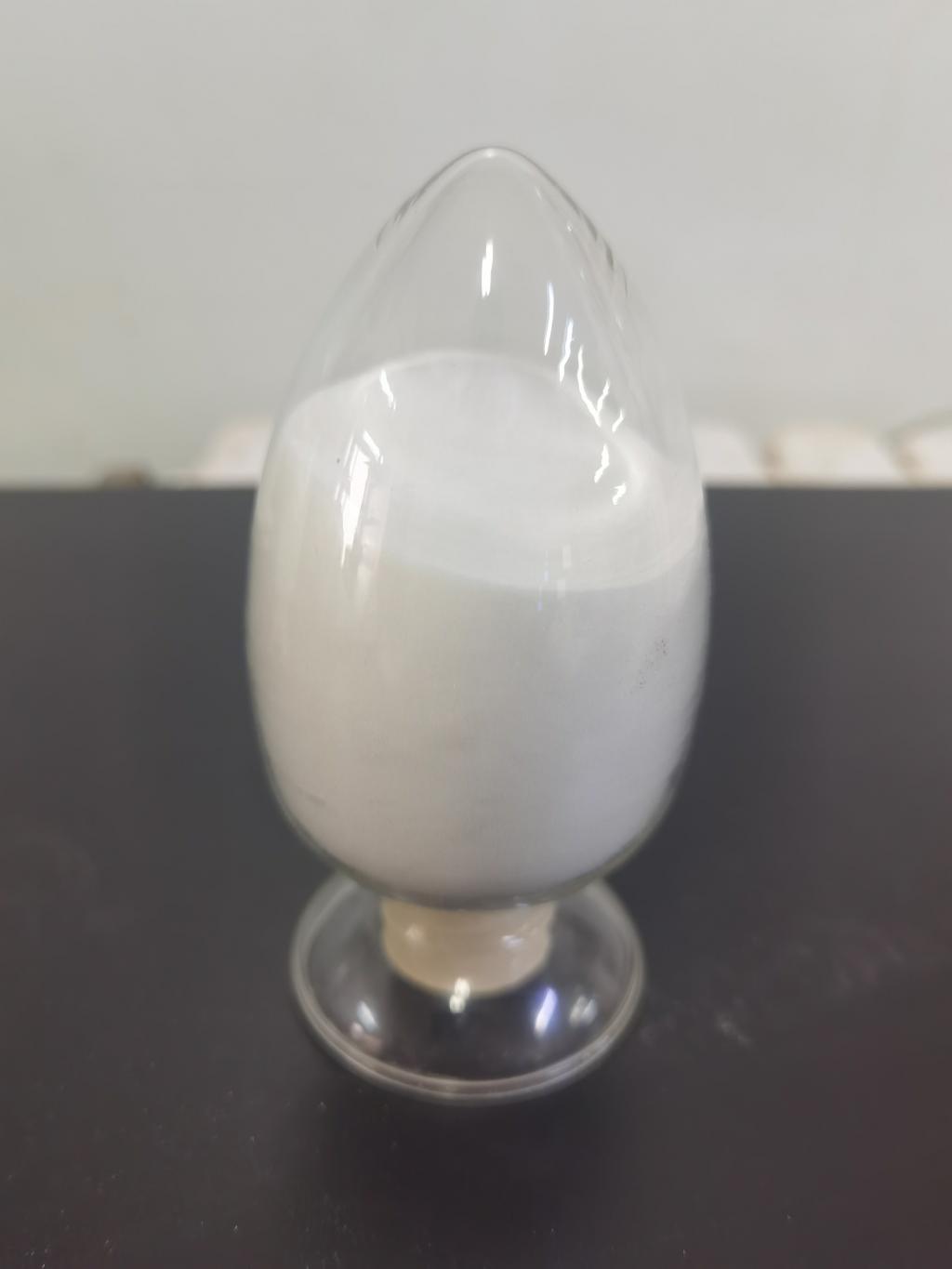Tel:+8618231198596

News
 CONTACT
CONTACT
 CONTACT
CONTACT
- Linkman:Linda Yao
- Tel: +8618231198596
- Email:linda.yao@dcpharma.cn
- Linkman:CHARLES.WANG
- Department:Overseas
- Tel: 0086 0311-85537378 0086 0311-85539701
News
Current Position:
Home >
News
>ε-Polylysine Hydrochloride's Role in Enabling Sustainable Food Production.
ε-Polylysine Hydrochloride's Role in Enabling Sustainable Food Production.
TIME:2023-10-25
The Imperative of Sustainable Food Production
The global food system faces several pressing challenges:
Feeding a Growing Population: The world's population is projected to reach 9.7 billion by 2050, according to the United Nations. Meeting the food needs of this rapidly expanding population while ensuring food security is a formidable task.
Resource Scarcity: The agricultural sector is a significant consumer of natural resources, including land, water, and energy. Ensuring the sustainability of food production requires careful management of these resources.
Environmental Impact: Agriculture is a major contributor to greenhouse gas emissions, deforestation, and habitat destruction. Sustainable food production practices are essential to mitigate these environmental impacts.
Food Waste: Approximately one-third of all food produced is lost or wasted, contributing to resource inefficiency and environmental harm.
ε-Polylysine Hydrochloride: A Sustainable Food Preservative
ε-Polylysine hydrochloride, often referred to as ε-PL, is a naturally occurring antimicrobial peptide produced by certain strains of bacteria during fermentation. Its unique characteristics make it an ideal candidate for sustainable food production:
Natural Origin: ε-PL is derived from natural sources, aligning with the growing consumer demand for clean label and natural ingredients. This makes it an attractive alternative to synthetic additives.
Broad-Spectrum Antimicrobial Properties: ε-PL exhibits antimicrobial activity against a wide range of bacteria, yeasts, and molds. This property extends the shelf life of food products, reducing food waste.
Effective at Low Concentrations: Even at low concentrations, ε-PL is highly effective in inhibiting microbial growth, which means that minimal amounts are needed to preserve food products.
Heat Stability: ε-PL can withstand the heat treatments used in food processing, making it suitable for a wide range of applications.
pH Tolerance: It remains effective across a range of pH levels, enhancing its applicability in various food products.
The Role of ε-Polylysine Hydrochloride in Sustainable Food Production
Reducing Food Waste: One of the key elements of sustainable food production is the reduction of food waste. ε-PL plays a pivotal role in this regard by extending the shelf life of food products. It inhibits the growth of spoilage microorganisms, reducing the likelihood of food spoilage and waste, both at the producer and consumer levels.
Decreasing Synthetic Additives: In an effort to meet consumer demand for clean label products, food producers are seeking natural alternatives to synthetic additives. ε-PL serves as a natural food preservative, enabling producers to reduce or eliminate the use of synthetic preservatives while maintaining product quality and safety.
Energy and Resource Efficiency: By extending the shelf life of food products, ε-PL indirectly contributes to resource efficiency. Reduced food waste means fewer resources are expended on the production, transportation, and disposal of wasted food.
Environmentally Friendly Packaging: ε-PL can be used as an antimicrobial agent in food packaging materials, helping to maintain food quality and safety during storage. This can lead to the development of more sustainable packaging solutions.
Water Conservation: Water scarcity is a critical issue in agriculture. By reducing the need to produce additional food due to waste, ε-PL contributes to water conservation and efficient resource management.
Mitigating Carbon Footprint: ε-PL's ability to reduce food waste indirectly mitigates the carbon footprint associated with food production and transportation. A reduction in food waste means fewer greenhouse gas emissions associated with the food supply chain.
Challenges and Considerations
While ε-polylysine hydrochloride offers significant potential for sustainable food production, several challenges and considerations must be addressed:
Regulatory Compliance: The use of ε-PL in food products must comply with regulatory standards set by food safety agencies in different countries. Producers must ensure that ε-PL is used within permissible limits and in accordance with local regulations.
Taste and Flavor Considerations: The addition of ε-PL to certain food products may impact taste and flavor. Striking a balance between antimicrobial benefits and sensory attributes is crucial to maintain product quality.
Cost Considerations: The cost of ε-PL can be a factor, especially for small-scale food producers. Economic considerations need to be weighed against the potential benefits.
Consumer Education: Consumers should be informed about the use of ε-PL in food products. Transparent labeling and education about its safety and natural origin are essential.
Conclusion
Sustainable food production is no longer a choice but a necessity in a world where resources are finite, and food security is paramount. ε-Polylysine hydrochloride, with its natural origin, potent antimicrobial properties, and potential to reduce food waste, plays a pivotal role in this endeavor. It offers food producers a means to extend the shelf life of their products, reduce synthetic additives, and contribute to resource efficiency and environmental sustainability.
As the food industry continues to innovate and adapt to the challenges of the 21st century, ε-PL serves as a prime example of how natural, safe, and effective solutions can help achieve the goals of sustainable food production. By harnessing the power of ε-polylysine hydrochloride, we can create a more sustainable and resilient global food system, ensuring that the pleasures of the palate are enjoyed without compromising the health of our planet.
- Tel:+8618231198596
- Whatsapp:18231198596
- Chat With Skype







